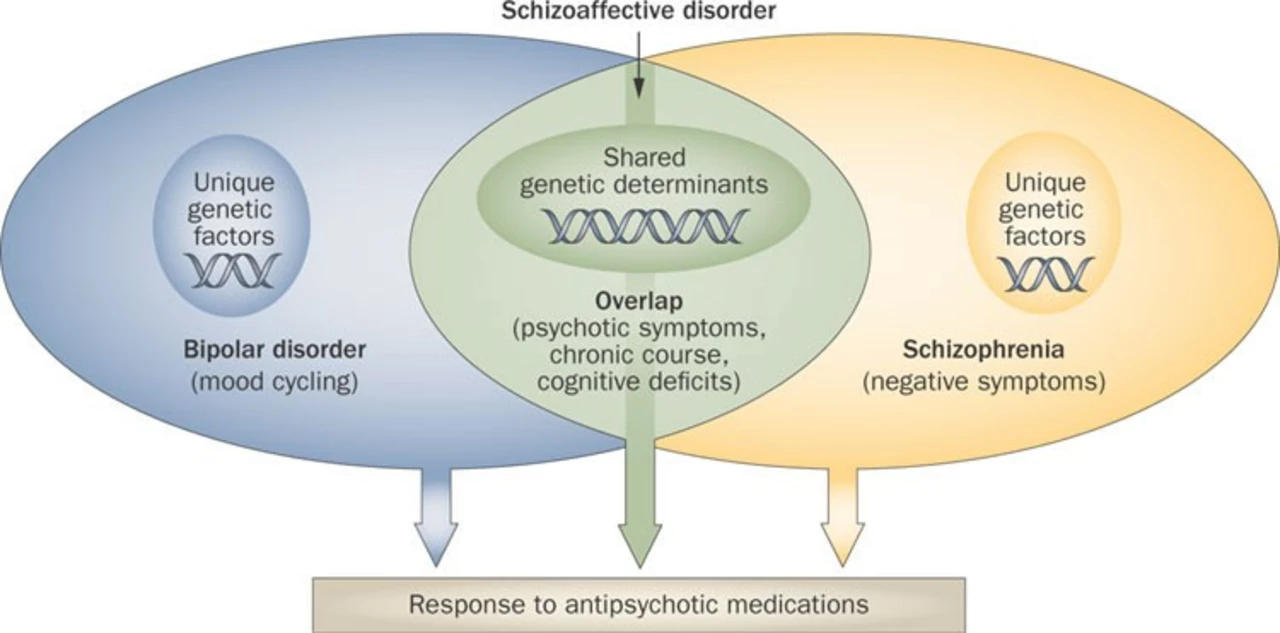Potential Role: How to Judge What a Drug or Therapy Can Do for You
When a headline says a drug has a "potential role" in treating something, what does that really mean? It usually signals early evidence or a new use that needs careful thought. Here’s a practical way to read that phrase and decide if a medicine—or an alternative—might be worth exploring for your situation.
How to judge a drug's potential role
First, check the evidence. Human studies beat animal or lab work. Randomized trials beat single case reports. If an article mentions improved symptoms, look for details on how many people were studied, length of treatment, and measurable results.
Second, weigh benefits against harms. Side effects matter more than small benefits. For example, off-label sleep use of amitriptyline can help some people fall asleep, but it brings side effects like morning grogginess. Ask: is the expected benefit worth the risk?
Third, consider real-world fit. A treatment may work in a trial but not fit your lifestyle, other meds, or health goals. If you’re on statins and having sleep trouble, the fix might be timing or switching drugs rather than stopping a needed cholesterol medicine.
Fourth, verify sources. Trust articles that cite trials, medical reviews, or reputable guidelines. Our posts on antibiotics like Phexin (cephalexin) and Zithromax explain approved uses and common side effects so you know when a drug is standard care versus experimental.
Quick examples from our articles
Look at clindamycin: some pieces explore its potential role in tuberculosis treatment. That’s interesting, but it’s still a niche approach that needs specialist input and monitoring. Don’t self-prescribe based on a summary.
For men’s health, articles on Flomax (tamsulosin) and non-prescription Viagra alternatives show different kinds of potential role—one is a proven prescription treatment, the other covers devices, supplements, and lifestyle changes that might help some people without a prescription.
Supplements like glycine have simple, plausible effects on sleep and recovery, but dose and quality vary. Our glycine piece gives practical tips on dosing and what benefits are realistic versus overstated.
When a medication shows unexpected benefits—like finasteride possibly lowering heart risk—treat that as a starting point, not a green light. You need a doctor to weigh that benefit against known risks and your personal health profile.
How to act on a "potential role" claim: read the full article, check the study details if provided, compare alternatives, and discuss with a clinician who knows your case. If you choose to try something new, start with the lowest effective dose, track effects for a few weeks, and report problems quickly.
Our tag page gathers posts that explore these questions across antibiotics, sleep drugs, heart and prostate meds, supplements, and online pharmacy safety. Use them as starting points to ask sharper questions at your next appointment.

The Potential Role of Buspirone in Treating Bipolar Disorder
I recently came across some research on the potential role of Buspirone in treating Bipolar Disorder. It turns out that this medication, often used for anxiety, may be beneficial for those experiencing mood swings associated with this condition. Studies are still ongoing, but preliminary results show promising improvements in mood stability and overall mental health. I'm hopeful that this could be a breakthrough in the field of mental health treatment, and I'm looking forward to seeing more research on this subject. It's amazing to think that a medication originally used for anxiety might be the key to helping those with Bipolar Disorder live more stable and fulfilling lives.
